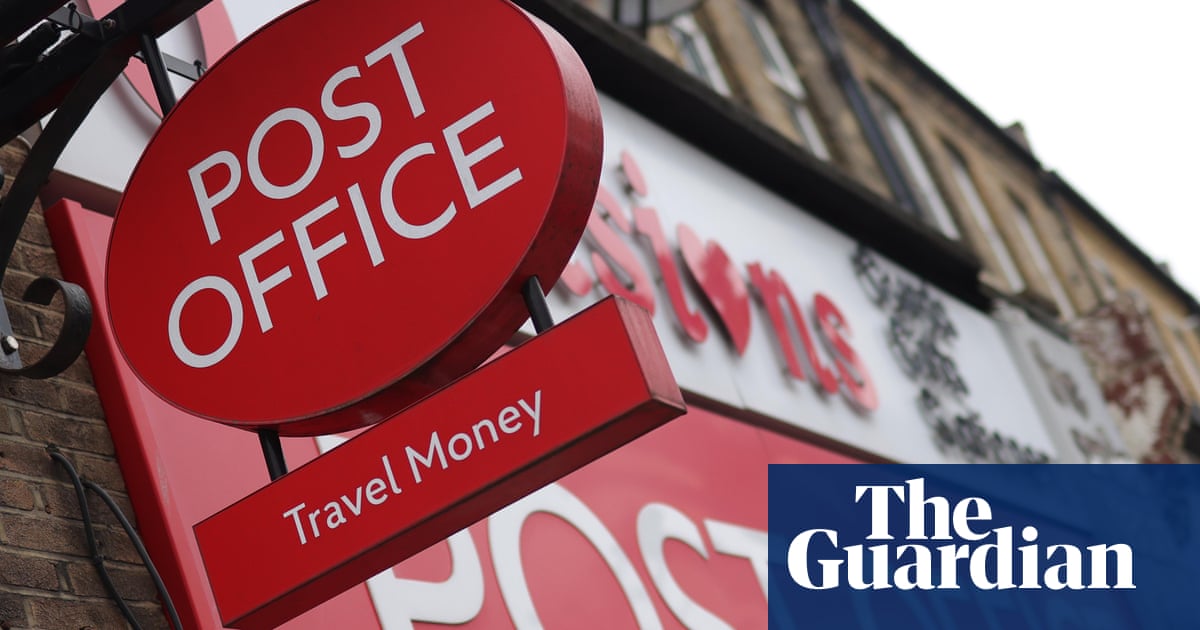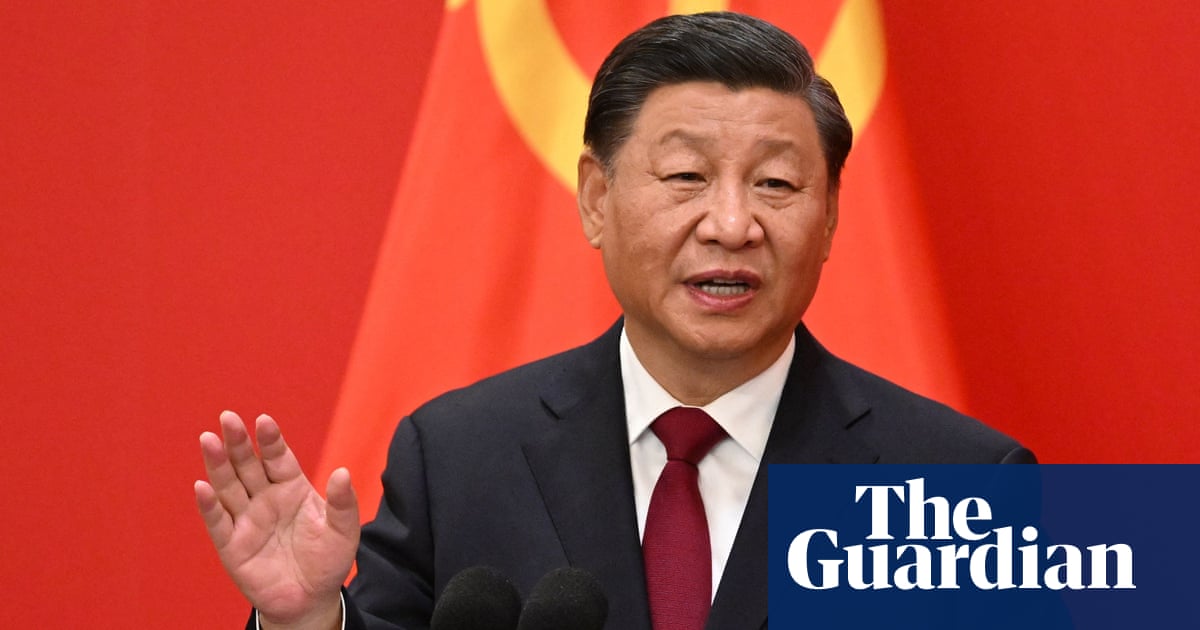
A British private investigator and security consultant whose company has just completed a four-year contract to protect the UK’s embassy in Tel Aviv is linked to a string of telecommunications hacking complaints dating back more than 20 years, according to high court judgments.
A court judgment that touches on the career history of Stuart Page – the 69-year-old founder of the private security and intelligence firm Page Group – noted last May that the businessman “operates in a world of covert surveillance in which agents acquire confidential information unlawfully”.
The judgment explores how Page, who was appearing in the case as a witness, was linked to hacking allegations stretching back to 1998, where the businessman is said to have received stolen materials and passed them to clients. The judge concluded that the allegations did not establish that Page had ever carried out or authorised hacking himself.
Page Group’s alleged role in passing illegally obtained materials to clients raises questions about the use of stolen personal information within UK civil court proceedings, as well as the company being awarded a £1m Foreign, Commonwealth and Development Office (FCDO) contract to protect one of the UK’s most sensitive embassies – a deal that concluded in December after almost four years.
The FCDO’s Supply Partner Code of Conduct states: “Supply partners and their delivery chain partners must declare to FCDO where there may be instances or allegations of previous unethical behaviour by an existing or potential staff member or where there is a known or suspected conflict of interest.”
Neither Page Group nor the FCDO would say if the company had highlighted the historical allegations to the government.
Lawyers for Page, whose companies have also worked guarding EU diplomats and on intelligence engagements for Middle Eastern rulers, told the Guardian: “No findings of hacking or misuse of private information have been made against our clients, throughout Mr Page’s 36-year career in the sphere of private investigations. Our clients have never even been subject to any police or regulatory investigation alleging any such wrongdoing.”
Page Group’s links to the hacking allegations were explored in a judgment last spring as part of a successful civil fraud claim brought by the Middle Eastern sovereign wealth fund Ras Al Khaimah Investment Authority (RAKIA), which was awarded $4.2m in May against its former business partner Farhad Azima.
Having been engaged as a private investigator by the Ras Al Khaimah emirate’s ruler, Sheikh Saud, Page was drawn into proceedings in January 2020 as a RAKIA witness, when Azima ran a defence that the legal case against him was partly based on “hacking … carried out by RAKIA” agents, which he alleged included Page Group.
While RAKIA won its fraud claim, the judgment stated there was “no dispute that RAKIA’s case against Mr Azima is based on evidence obtained as a result of the hacking of Mr Azima’s confidential emails”.
Page denies he had anything to do with the hack. He told the court that he discovered the stolen materials posted on the internet after being alerted to them by two informants. The deputy judge, Andrew Lenon QC, concluded that Page’s explanation was “not true and that the true facts as to how RAKIA came to know about the hacked material have not been disclosed”.
Meanwhile, Azima introduced into his evidence additional allegations of three further hacking attempts that have been linked to Page, which Lenon concluded “highlight the fact that Mr Page operates in a world of covert surveillance in which agents acquire confidential information unlawfully and that Mr Page has dealings with such agents”.
The court judgment continued: “It would be a reasonable inference to draw from these incidents that Mr Page has access to agents with the capacity to hack emails. However these other incidents do not establish that Mr Page ever personally carried out or authorised the unlawful obtaining of confidential information.”
Page denies any wrongdoing in the allegations raised in the Azima case and the judge did not conclude that RAKIA was responsible for the hack. Azima will take his case to the court of appeal on Tuesday, when he will introduce new evidence regarding how he says his emails were stolen.
In addition to the three cases cited in the judgment, there is a further hacking allegation linked to Page that also appears within UK high court files, the Guardian has discovered. It relates to a 2007 case in which one of Page’s businesses was said in a high court judgment to have passed on personal information obtained illegally. Page did not comment when asked about the judgment by the Guardian.
The FCDO said: “This contract was awarded in 2017 following a rigorous assessment in line with government guidance. Their contract came to an end in December 2020.”










